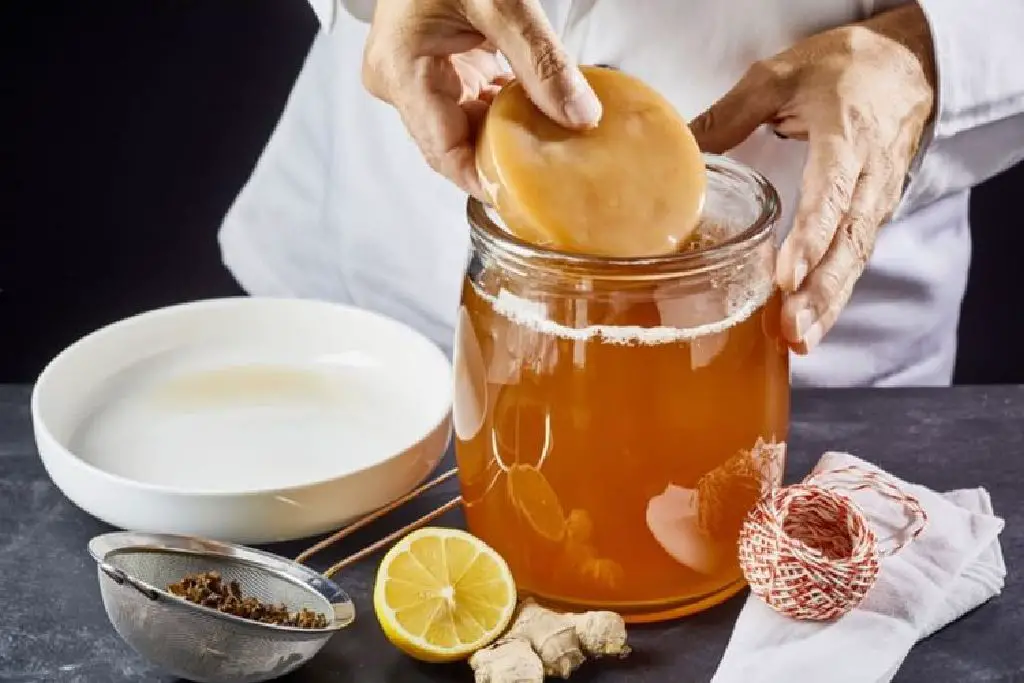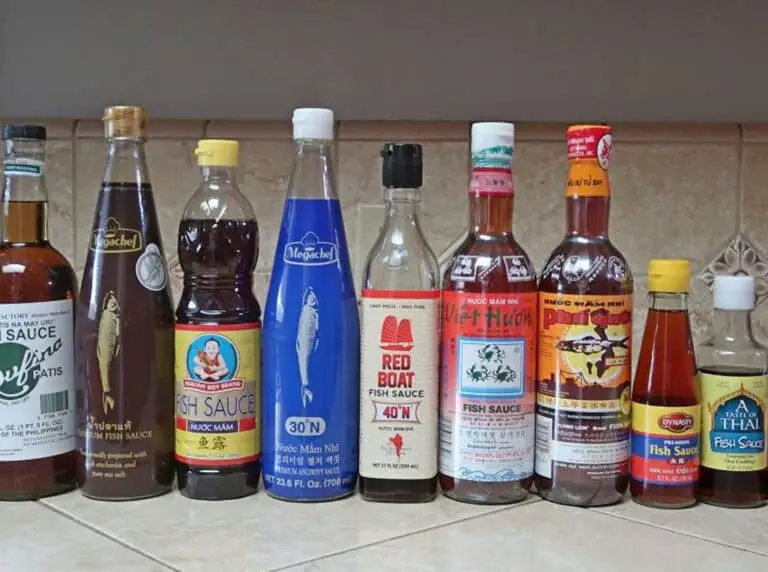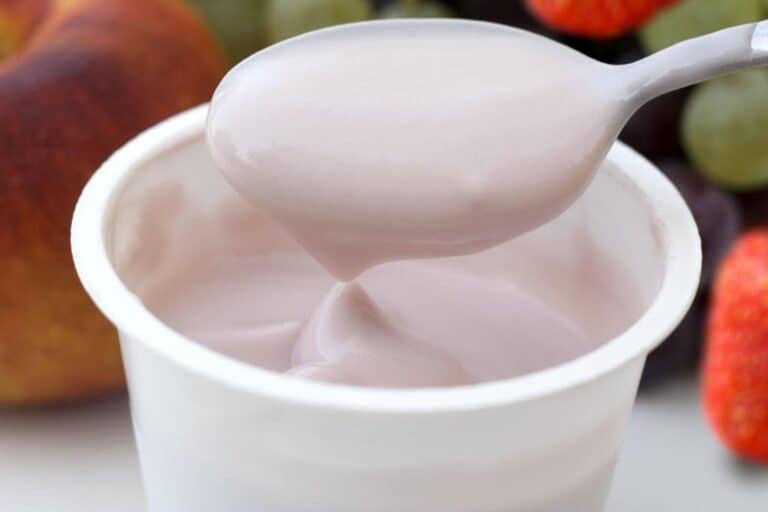Is It Safe to Drink Unopened Expired Kombucha? What You Need to Know

There’s something uniquely refreshing about a chilled bottle of kombucha. The tangy fizz and health-boosting properties make it a favorite among many of us. But what happens when you find a bottle buried at the back of your fridge, long past its expiration date? As someone who’s faced this very dilemma, I can tell you—it’s not as simple as just checking the calendar.
Have you ever pulled out a bottle of kombucha from the depths of your fridge, only to find that it’s expired? It’s a moment of indecision: should you risk it, or is it time to say goodbye to that forgotten fizzy drink?
As kombucha lovers, we face this dilemma sometimes. Is it worth the risk to drink expired kombucha? Or will it upset our stomachs?
Reading this article will equip you with the knowledge to make an informed decision about that expired kombucha bottle. We’ll explore how kombucha’s fermentation affects its shelf life. We’ll also cover how to check its safety and handle expired kombucha. This will help you enjoy your drink or know when to let it go.
The Kombucha Conundrum: Understanding Expiration Dates
First off, let’s demystify what that expiration date actually means. In the world of kombucha, the date on the bottle is usually a “best by” date. It is not a strict deadline after which the drink turns into a potion of doom. Kombucha, being a fermented tea, is naturally acidic, which helps preserve it to a certain extent. However, kombucha isn’t invincible, and its quality can change over time.
How Kombucha Keeps Its Cool: The Science Behind It
Kombucha’s charm is its fermentation. It creates beneficial acids, probiotics, and a bit of alcohol. This acidic environment generally acts as a natural preservative. Here’s a brief look at what goes on inside that bottle:
- Fermentation: The friendly bacteria and yeasts do their thing, turning sweet tea into a tangy elixir.
- Acidity: The acidic environment helps keep unwanted microbes at bay.
- Carbonation: Natural carbonation gives kombucha its characteristic fizz, but it can fade over time.
So, unopened kombucha might be safe to drink after its expiration date. But, it’s not just a matter of capping it and hoping for the best. Here’s what I check before taking the plunge:

Signs That Your Expired Kombucha Is Still Good
I’ve learned that trusting my senses is often the best way to gauge the safety of expired kombucha. Here’s a checklist of what to look for:
- Smell: Give it a sniff. Kombucha should have a sharp, tangy aroma. If it smells off or like it’s fermenting further, that’s a red flag.
- Appearance: Check for any unusual changes. Sediment is normal, but if you see mold or strange floating particles, it’s time to toss it.
- Taste: If it passes the smell and sight tests, take a tiny sip. If it tastes off or unusually sour, don’t drink it.
Here’s a handy table to help you assess your kombucha:
| Check | What to Look For | Safe or Toss? |
| Smell | Sharp, tangy aroma | Safe |
| Appearance | Normal sediment, no mold | Safe |
| Taste | Slightly tangy, not overly sour | Safe |
| Bubbles | Fizz present | Safe |
| Color | No discoloration | Safe |
The Risks of Drinking Expired Kombucha
Even with all the right signs, it’s important to acknowledge the risks. Expired kombucha might not be harmful in the short term, but drinking it can come with a few potential downsides:
- Flavor Changes: Kombucha can turn more acidic or develop a vinegar-like taste, which might not be pleasant.
- Reduced Probiotics: The beneficial bacteria may decrease over time, reducing the health benefits.
- Carbonation Loss: If it’s gone flat, you might miss out on that signature fizz.
For me, the taste factor is the biggie. Nothing ruins a good kombucha buzz like an unexpectedly sour sip that makes me question my life choices.
How to Extend the Life of Your Kombucha
To avoid running into this problem, consider these tips for storing kombucha:
- Keep It Cold: Store kombucha in the fridge to slow down the fermentation process and preserve its quality.
- Seal It Well: Make sure the bottle is tightly sealed to prevent contamination.
- Check Regularly: Rotate your stock to use up older bottles before they hit the expiration date.
Here’s a simple guide to keep your kombucha fresh:
| Storage Tip | How It Helps |
| Refrigeration | Slows fermentation and preserves quality |
| Sealing | Prevents contamination and loss of carbonation |
| Rotation | Ensures you use older kombucha before it expires |
What to Do if You’re Still Unsure
If you’re still on the fence about drinking expired kombucha, here’s my advice: trust your gut. When in doubt, it’s better to be safe than sorry. The risk is low if the kombucha is not spoiled. But, if you’re uneasy, it’s fine to toss it and get a fresh bottle.
Conclusion: Sip or Toss?
In the end, it’s a mix of taste tests and comfort. So, decide to sip or toss your unopened, expired kombucha. Expired kombucha, if stored properly and showing no signs of spoilage, can often still be safe to drink. However, don’t let expired kombucha be a gamble on your taste buds or your health. Use your senses as your guide, and if you’re ever in doubt, it’s best to err on the side of caution.
So, next time you find that forgotten bottle in the back of your fridge, take a moment to evaluate it. Your taste buds—and your stomach—will thank you for it.






